The link between CoQ10 and male and female fertility
Ovulation is an energy-intense process. A woman’s eggs (oocytes) are cells, and the mitochondria are responsible for energy production within the cell. The human egg contains more mitochondria than any other cell.
CoQ10 plays a crucial role in energy production inside the mitochondria. As men and women people age, production of CoQ10 decreases. CoQ10 levels are highest during the first 20 years of life, after which they begin to decline.
For this reason, an older women’s eggs become less efficient at producing energy with age.
Studies indicate that CoQ10may help support fertility and a healthy pregnancy. CoQ10 promotes egg
quality in older women.
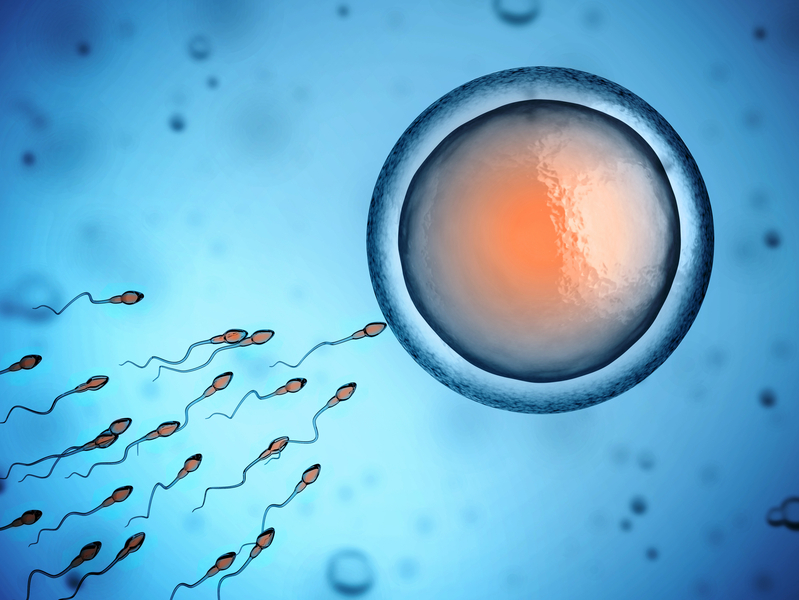
Several factors contribute to male fertility. Perhaps one of the most damaging can be the presence of free radicals.
It takes approximately three months for fully mature sperm to form. During that time, free radicals can cause damage to the sperm by attacking and destroying the membrane that surrounds sperm cells. They can also severely damage DNA, causing errors in the genetic information carried by the sperm.
CoQ10 is a powerful antioxidant. Antioxidants, like CoQ10 work by protecting cells from damaging oxidative reactions caused by free radicals. Studies have shown that CoQ10 may support healthy sperm motility (the ability for sperm to swim), sperm density, and morphology.
Can you get all the CoQ10 you need through your diet?
While our bodies naturally make CoQ10, you can also get it by eating certain foods. Food sources of coenzyme Q10 include fatty fish, organ meats such as liver, and whole grains.
Because CoQ10 concentrations are highest in the heart, kidneys, and liver, the best dietary sources of CoQ10 are organ meats. For example, pork heart contains approximately 127 micrograms of CoQ10 per gram of meat. Coming in second, beef heart contains about 113 micrograms of CoQ10 per gram of meat.
To compare that to other dietary sources, canned tuna contains only 16 micrograms of CoQ10 per gram of tuna. Wheat germ has a mere six micrograms of CoQ10 per gram of wheat germ. Be aware, cooking coenzyme Q10 containing foods reduces the amount of CoQ10 by 14-32%.
How much should CoQ10 should I take?
There is little human research looking at CoQ10 for egg quality. Therefore, the medical community has yet to reach a consensus about the recommended dosage for women. However, one study used a dose of 600 mg, taken once a day for two months. Therefore, most fertility specialists will recommend this dose for their female patients.
Dr. Richard Sherbahn of the Advanced Fertility Center of Chicago writes that the recommended dose of CoQ10 varies between 50 mg and 600 mg a day, divided into multiple doses. He further explains that CoQ10 is most often recommended at doses of 100 to 300 mg a day and that up to 1,200 mg a day is considered safe.
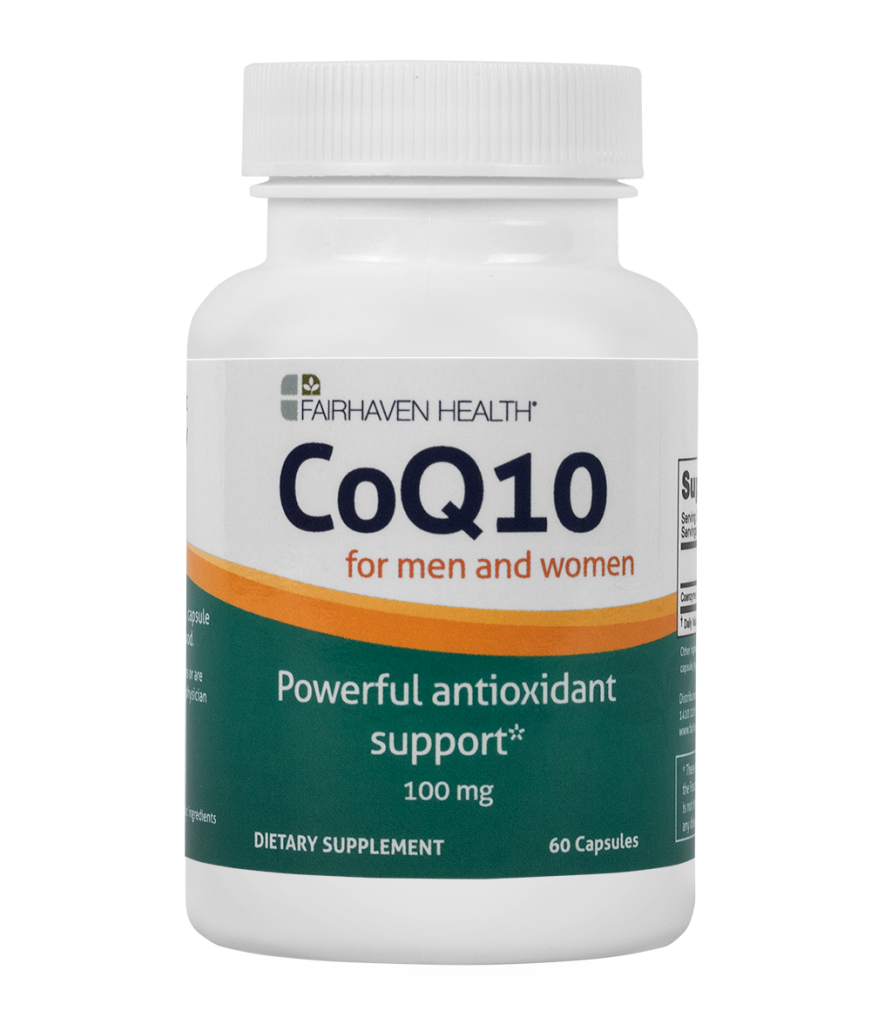
Promotes cellular energy production and acts as a potent antioxidant.
Includes 60 vegetarian capsules, in a convenient 100 mg quantity.
Supports reproductive health in men and women.

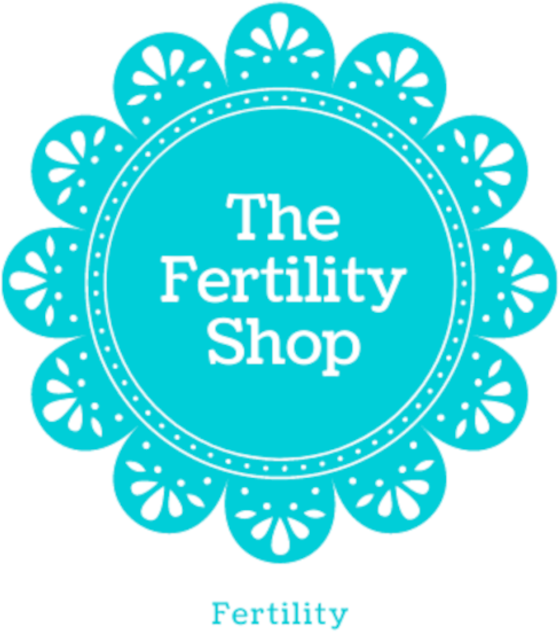
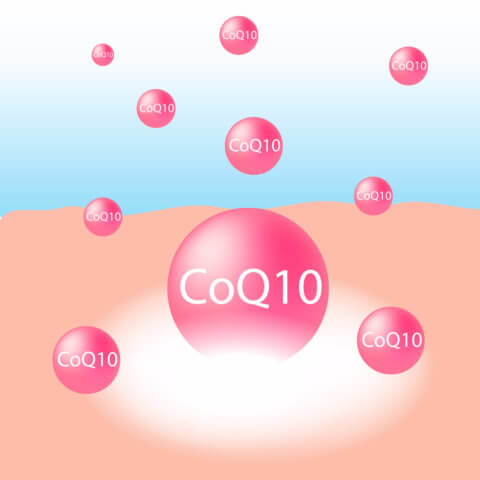

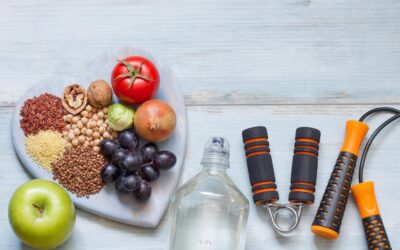

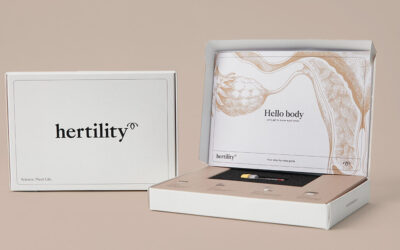
0 Comments